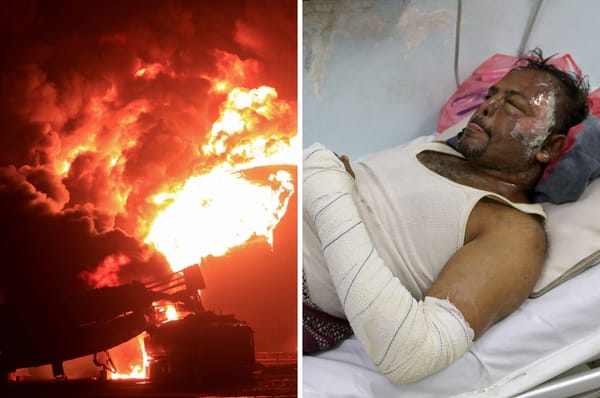The UN Says We Are Not Acting Fast Enough To Limit Global Warming And Stop Climate Change
The report found humans have permanently damaged the planet, and the current scale and pace of climate action is not enough.
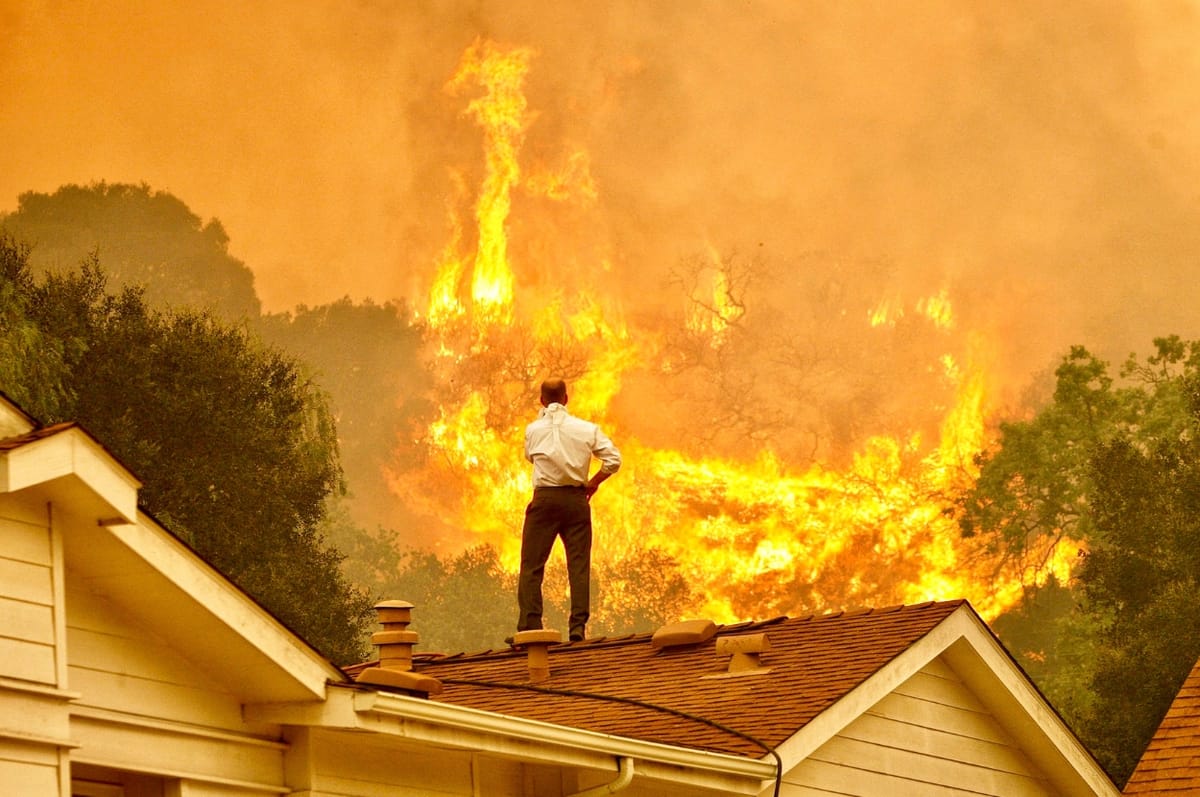
The UN’s Intergovernmental Panel on Climate Change (IPCC) has released its latest report, and the science is clear – humans have permanently damaged the planet.
The report, which was compiled by hundreds of scientists and scholars, found that we are far short of limiting global warming to 1.5°C or even 2°C, which is the goal of the Paris Agreement.
Scientists say the window to a liveable future is closing rapidly, but there is still time to act.
Here’s what you need to know about the report and how the world can still act now to avoid the worst consequences of climate change.
The UN’s latest report indicates we are far short of limiting global warming to 1.5˚C or even 2˚C.
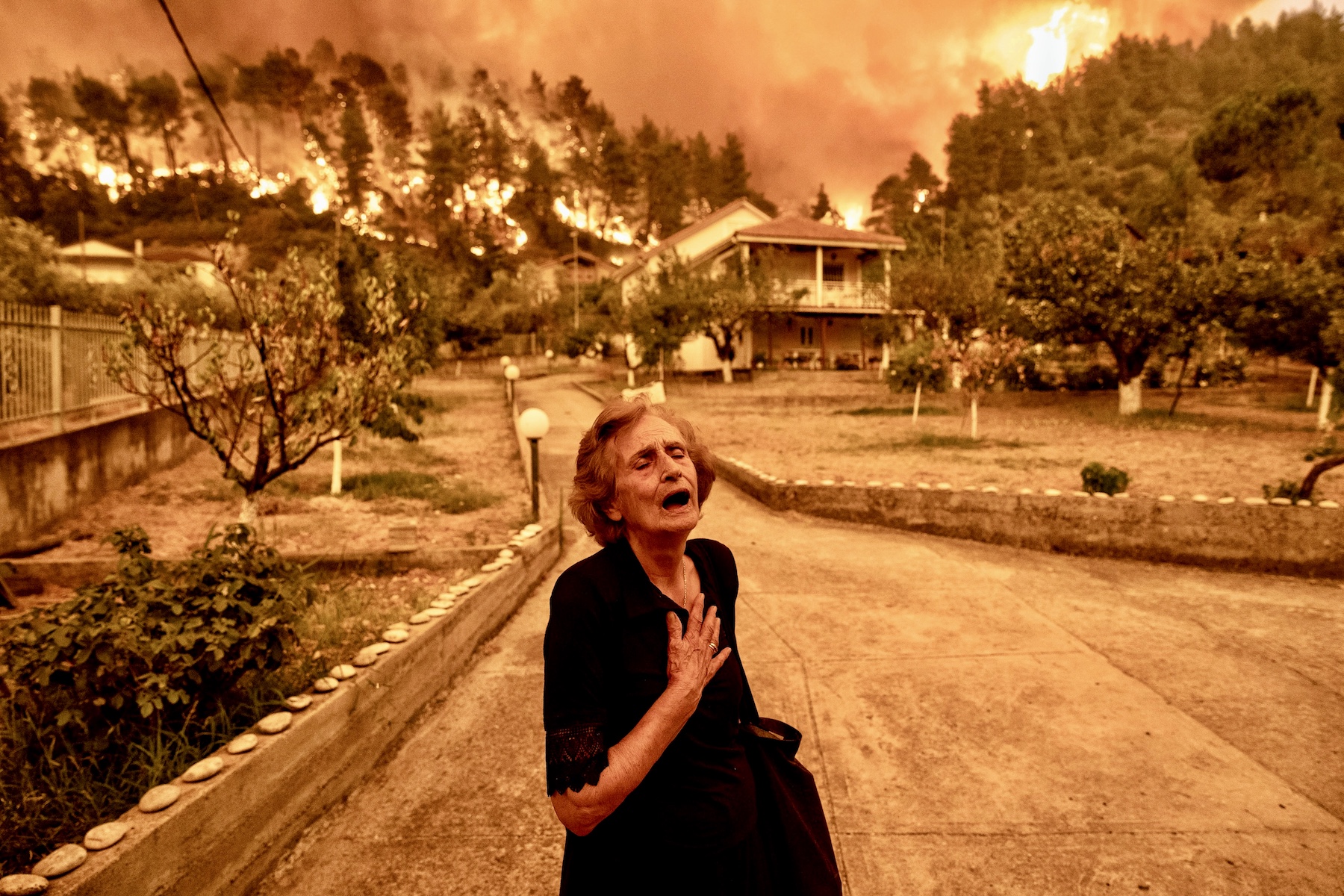
Current policies would lead to 2.7°C or more warming by 2100.
Net-zero climate commitments would still produce warming of around 2.2°C.
Current national climate plans will see the world warm by about 2.7°C this century, or possibly higher.
As temperatures rise further, damages will accelerate.
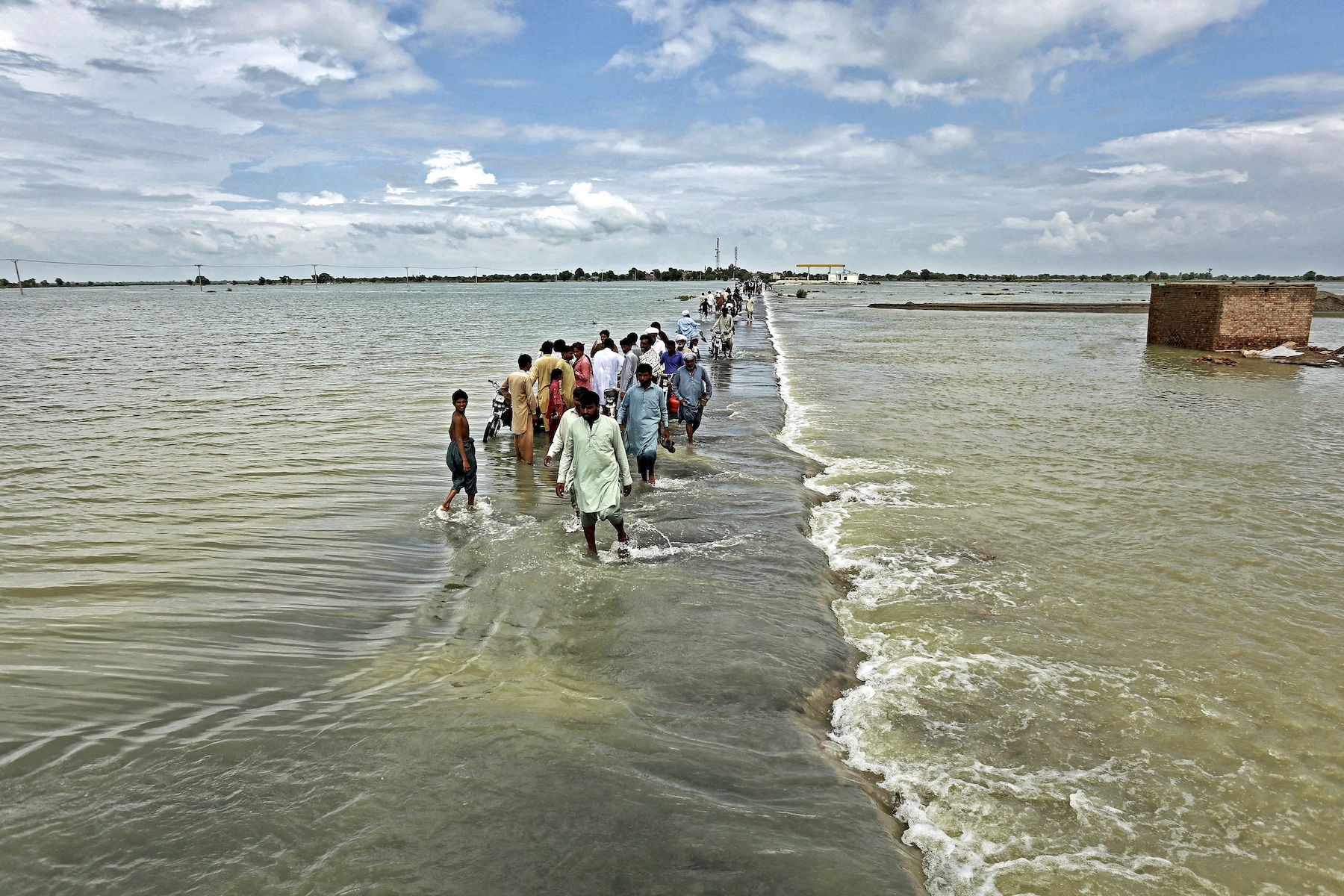
This will cause unprecedented costs to people, economies and the environment worse than any seen so far.
Adverse impacts from human-caused climate change will intensify:
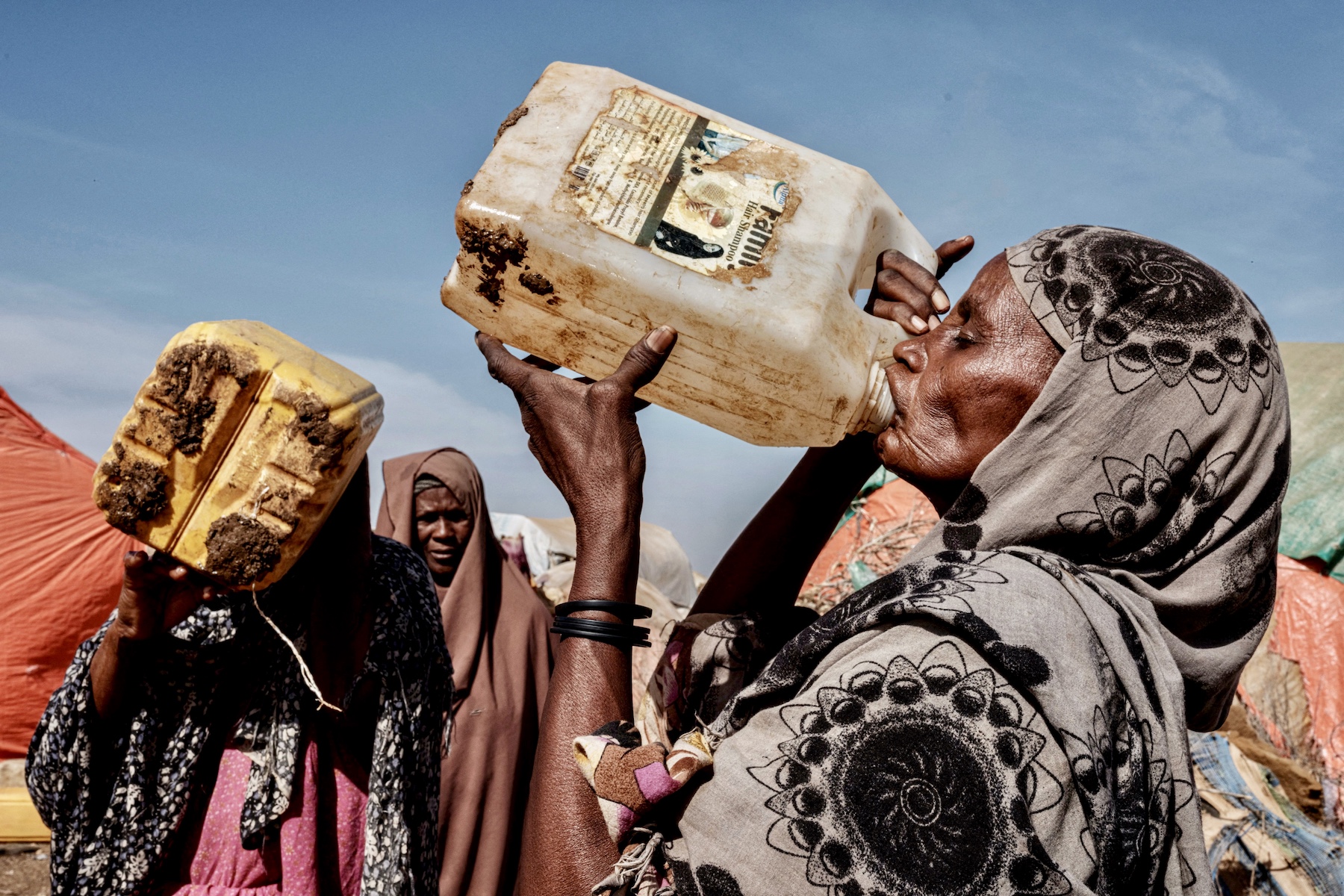
- Water scarcity
- Food insecurity
- Impacts on health and wellbeing
- Damages to infrastructure.
But there is still hope.
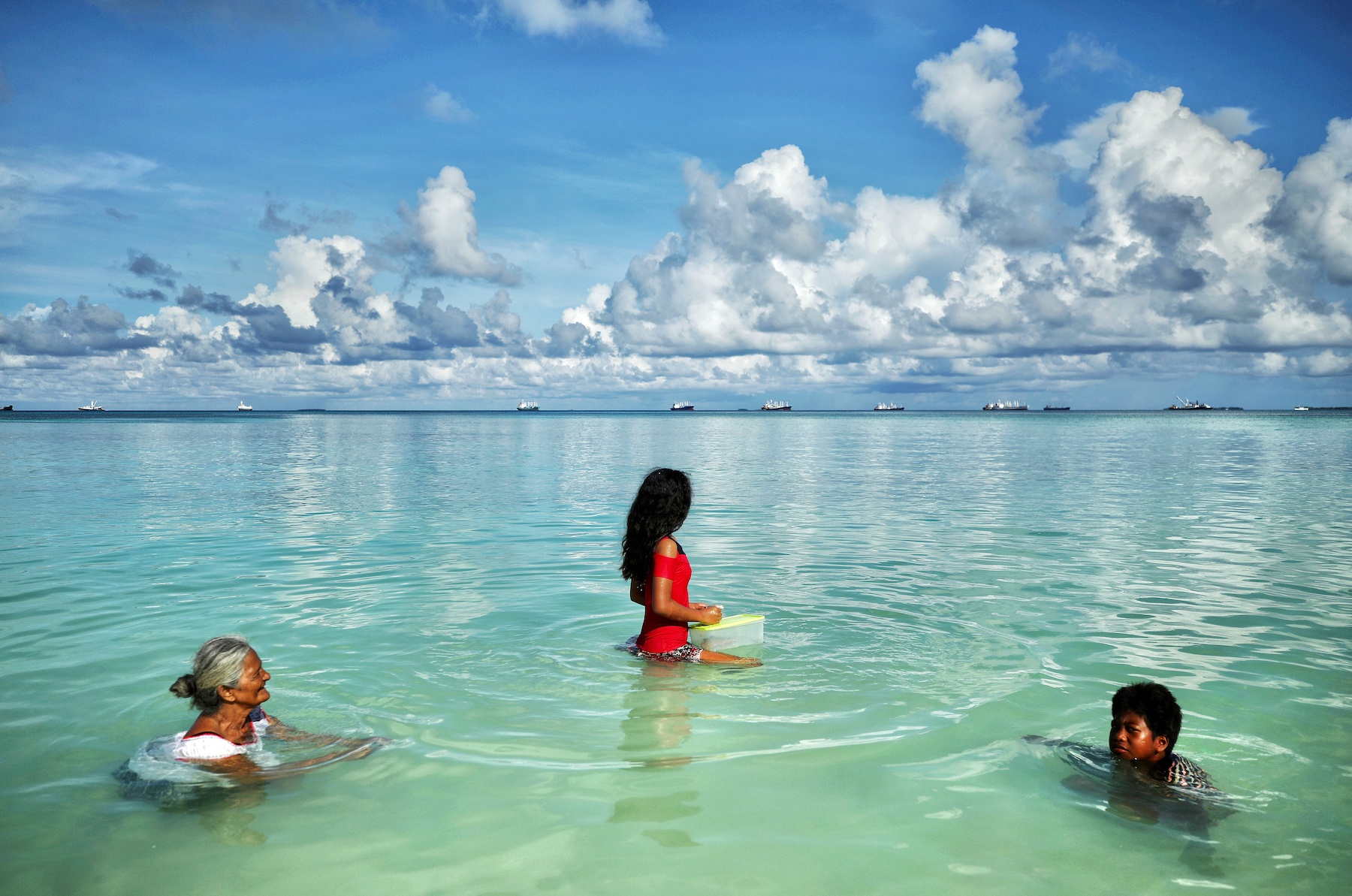
Effective and equitable climate action now will reduce losses and damages for nature and people.
Fairness is one of the solutions.
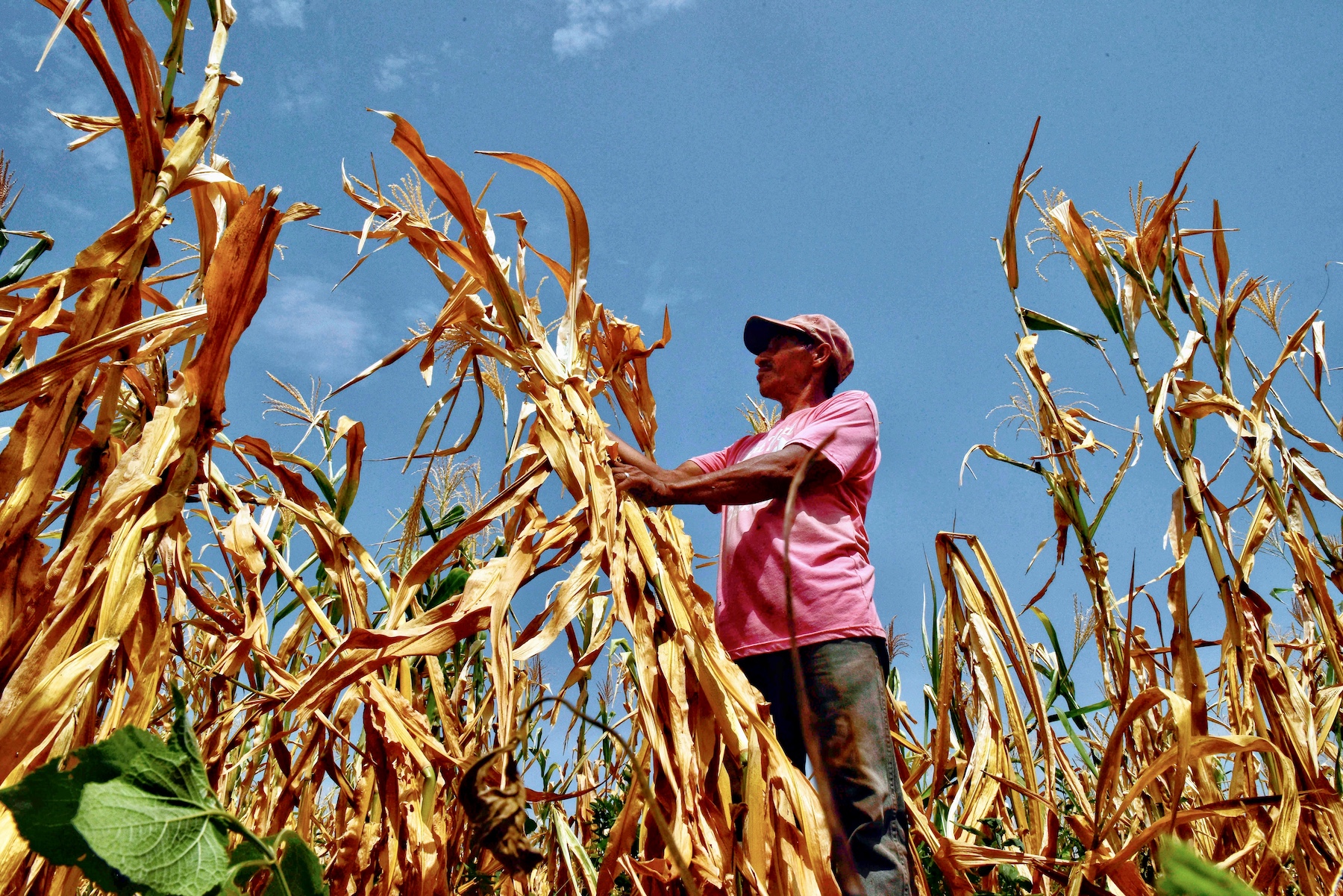
From Africa to Asia, Latin America to small islands, those who contributed the least to climate change are often the most vulnerable to its impacts.
Climate adaptation cannot be an alternative to emission cuts.
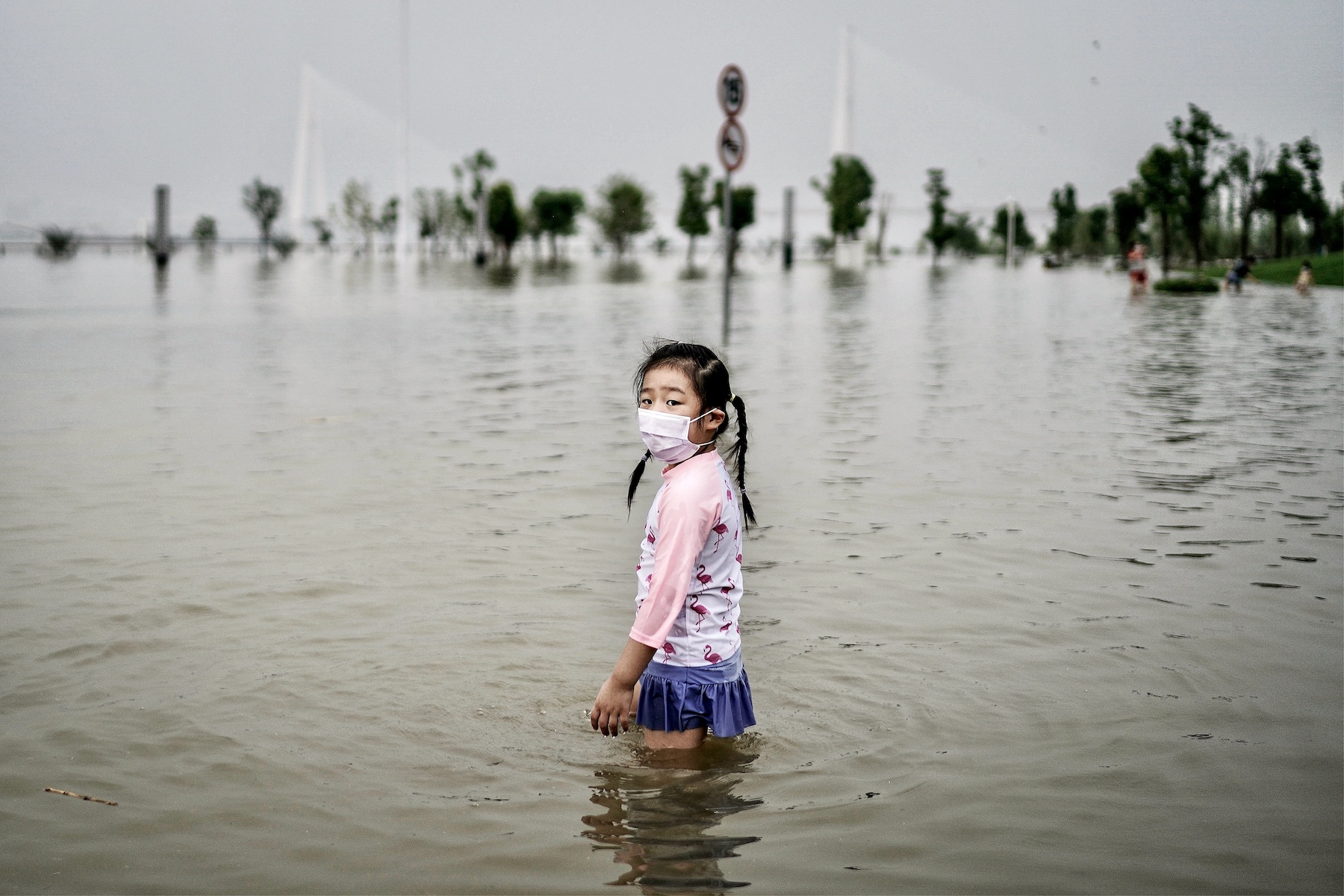
The way forward is climate-resilient development
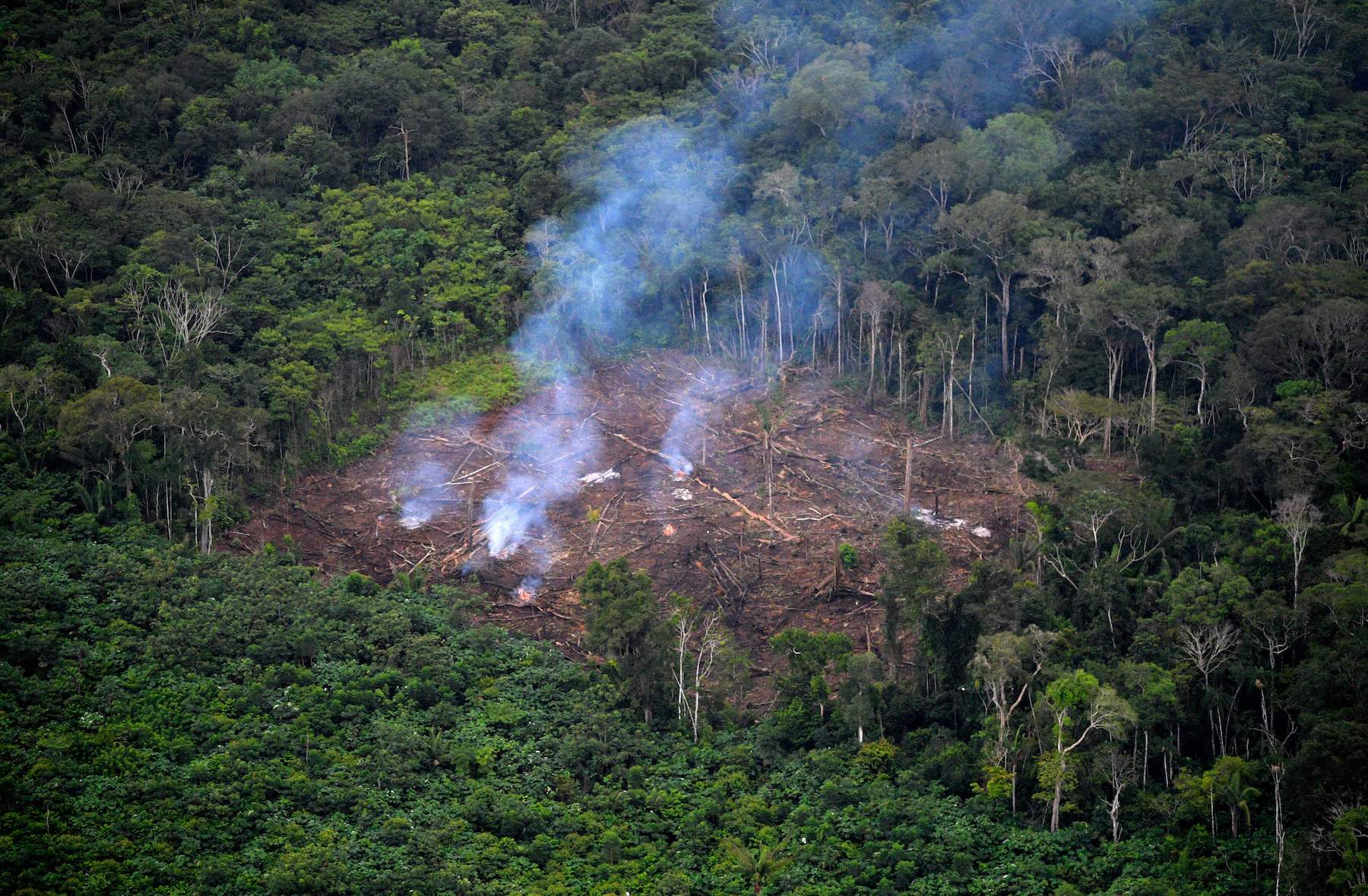
This means integrating measures to adapt to climate change with actions to reduce emissions.
Climate finance is cheaper than paying climate damages and must be prioritized
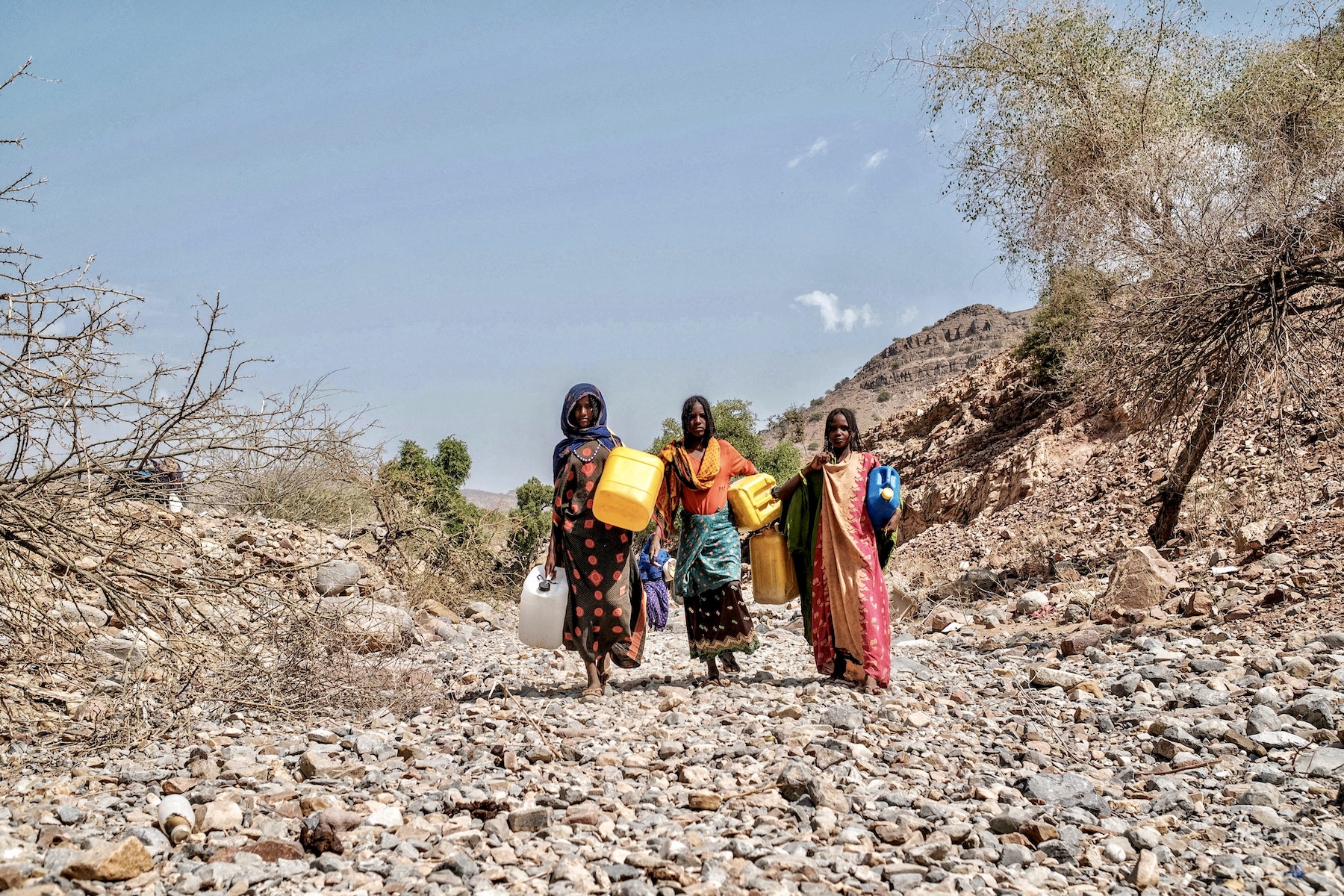
Climate finance needs to be 3 to 6 times the current amount.
Developing countries need external funding to meet their adaptation needs
Climate change paints a grim picture of our future, but urgent action can change this
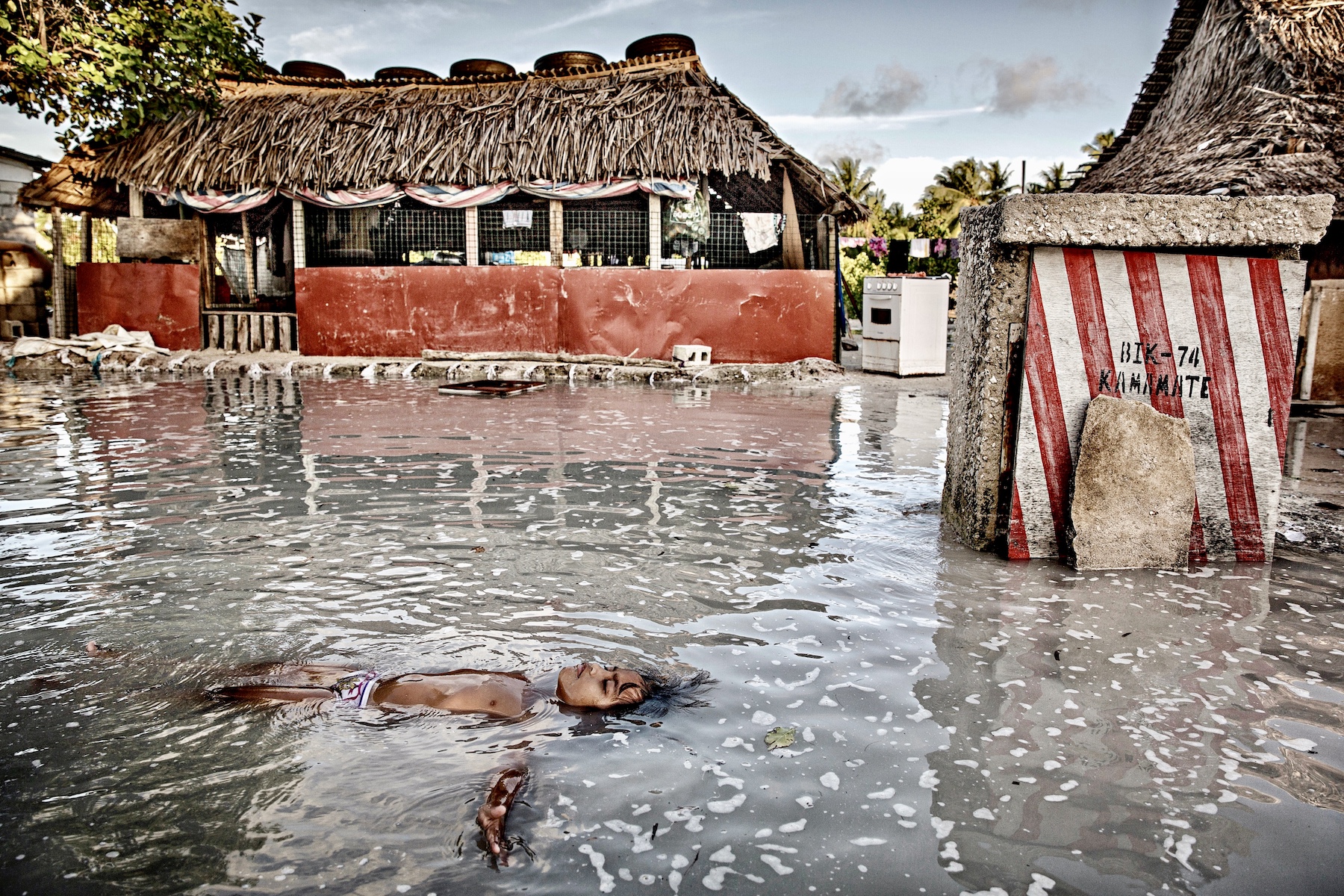
Every fraction of a degree matters, every action matters, every year matters.


